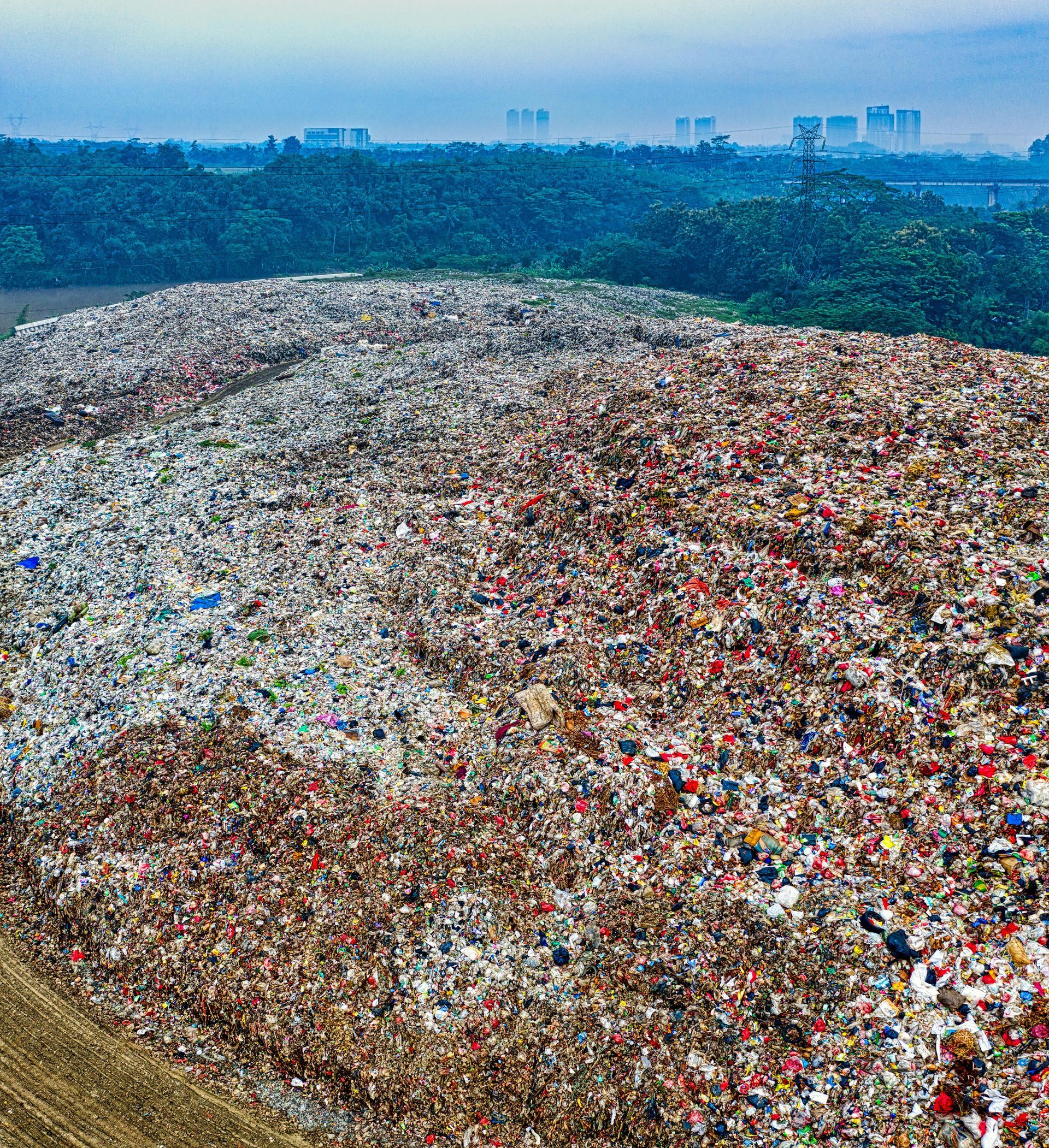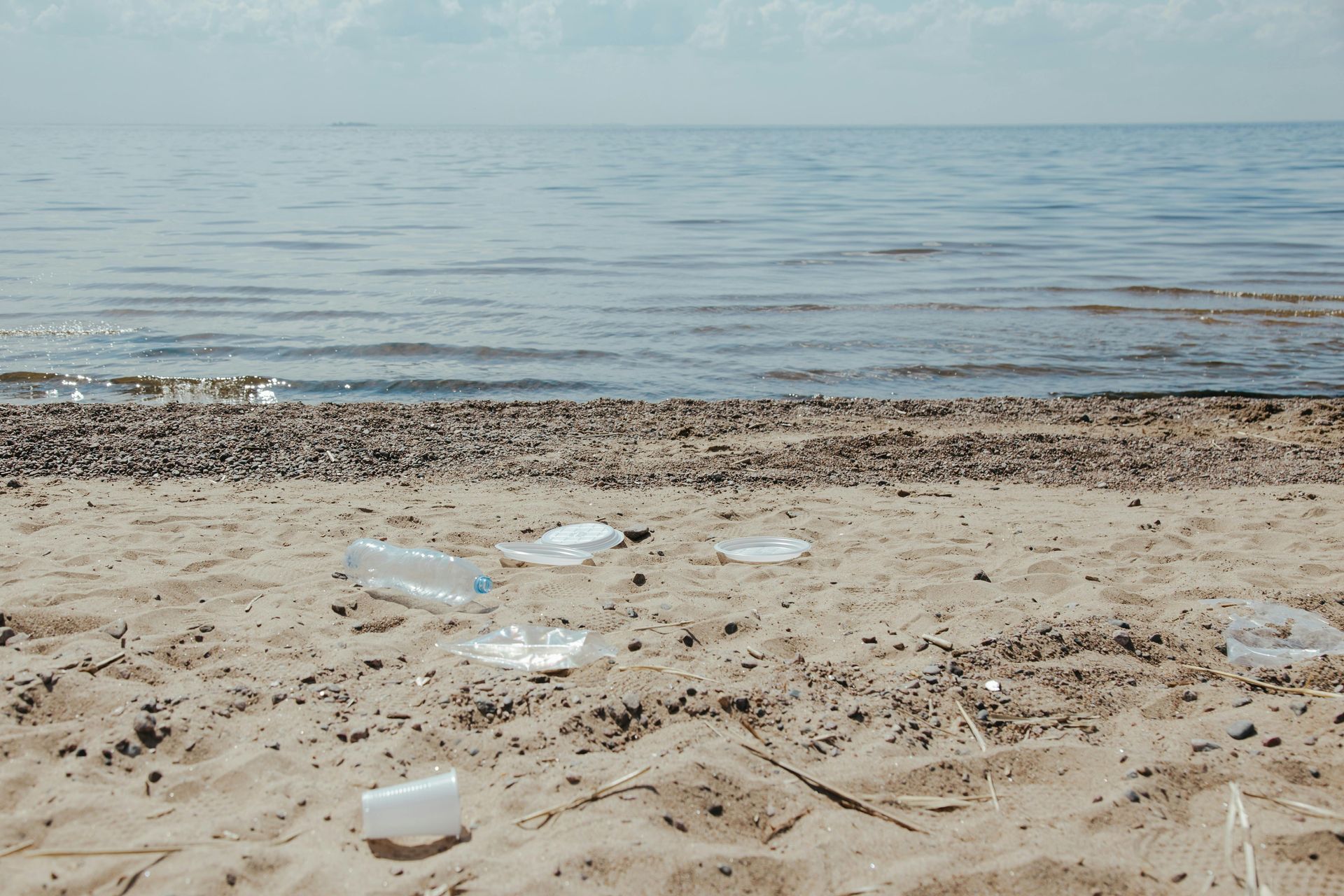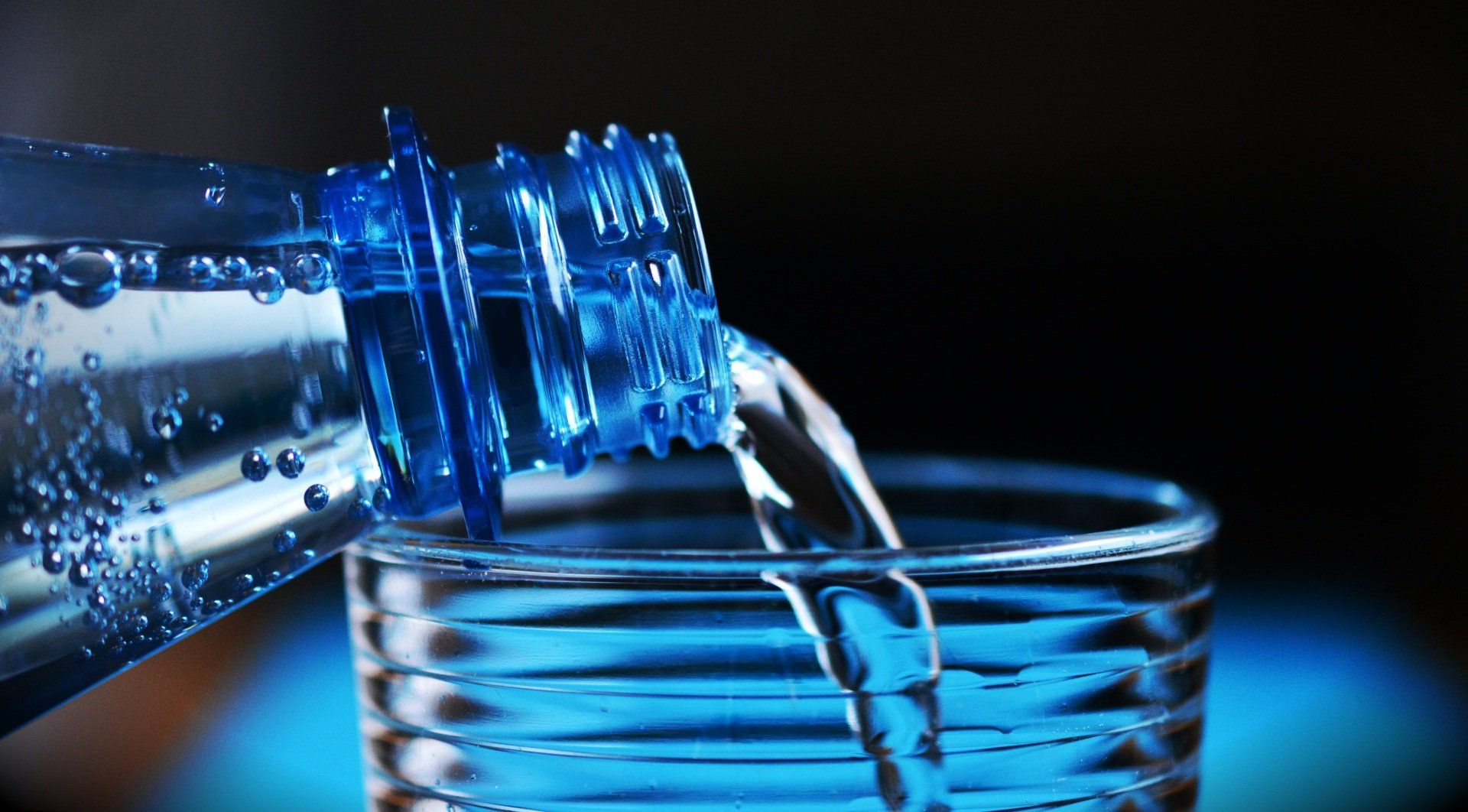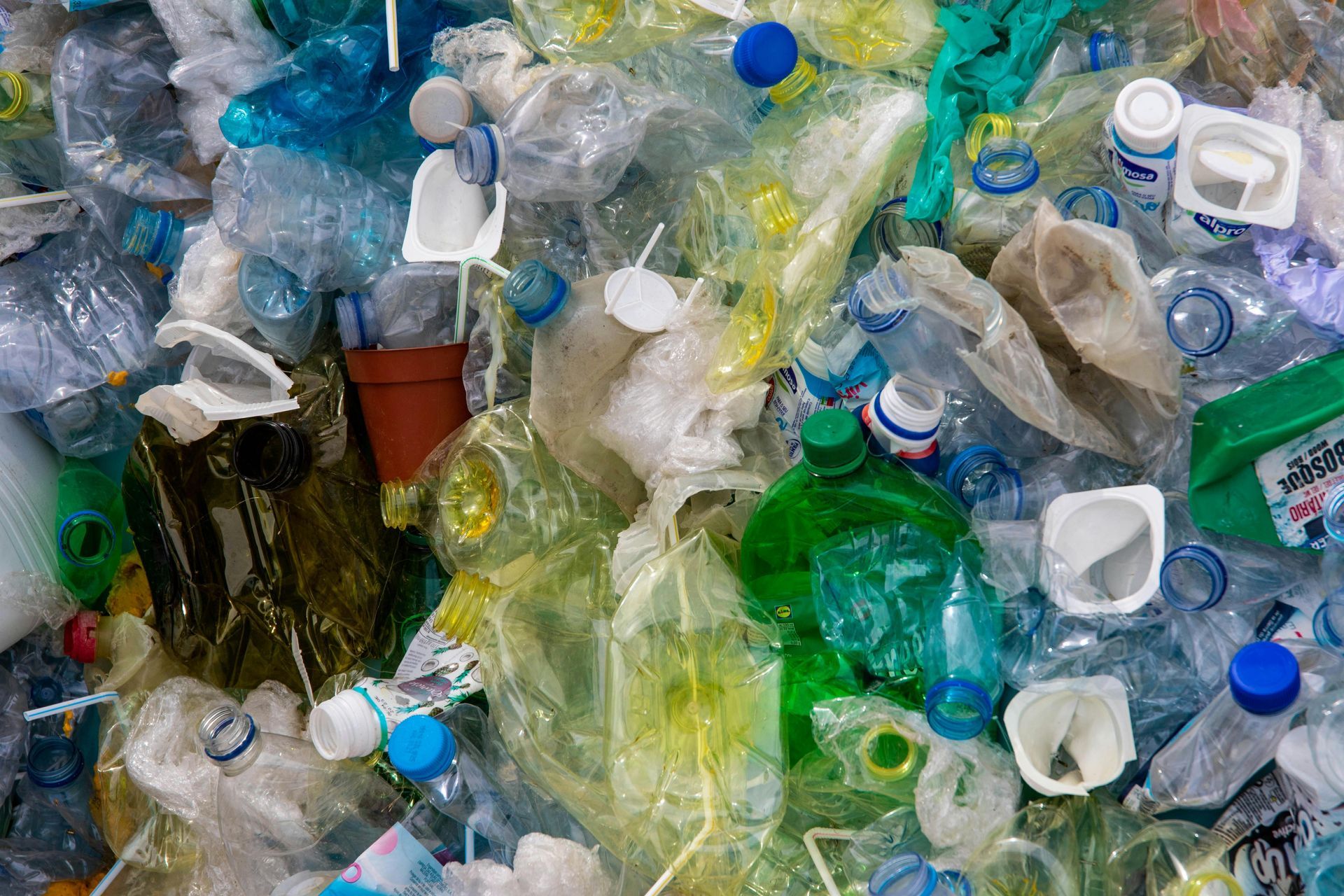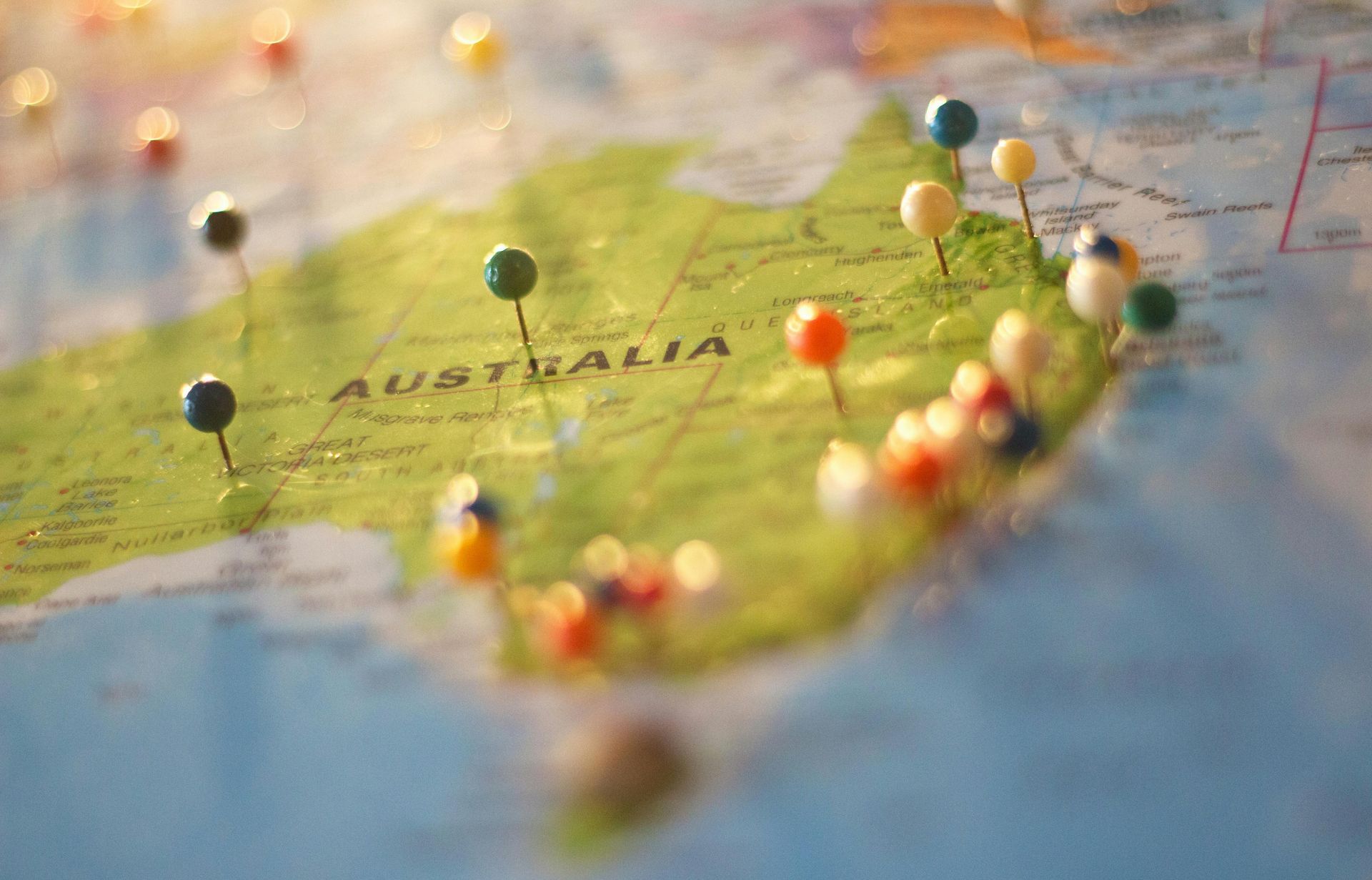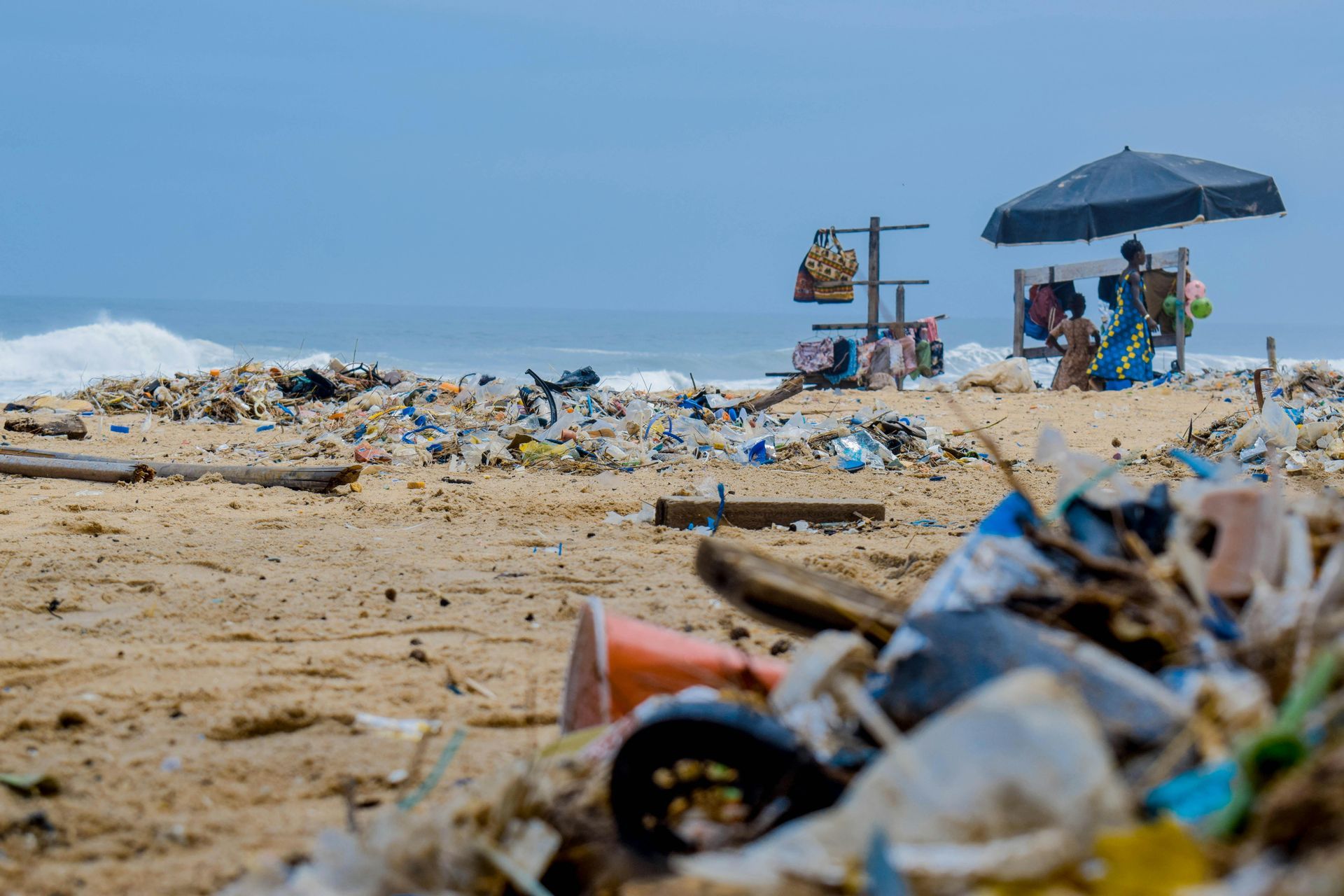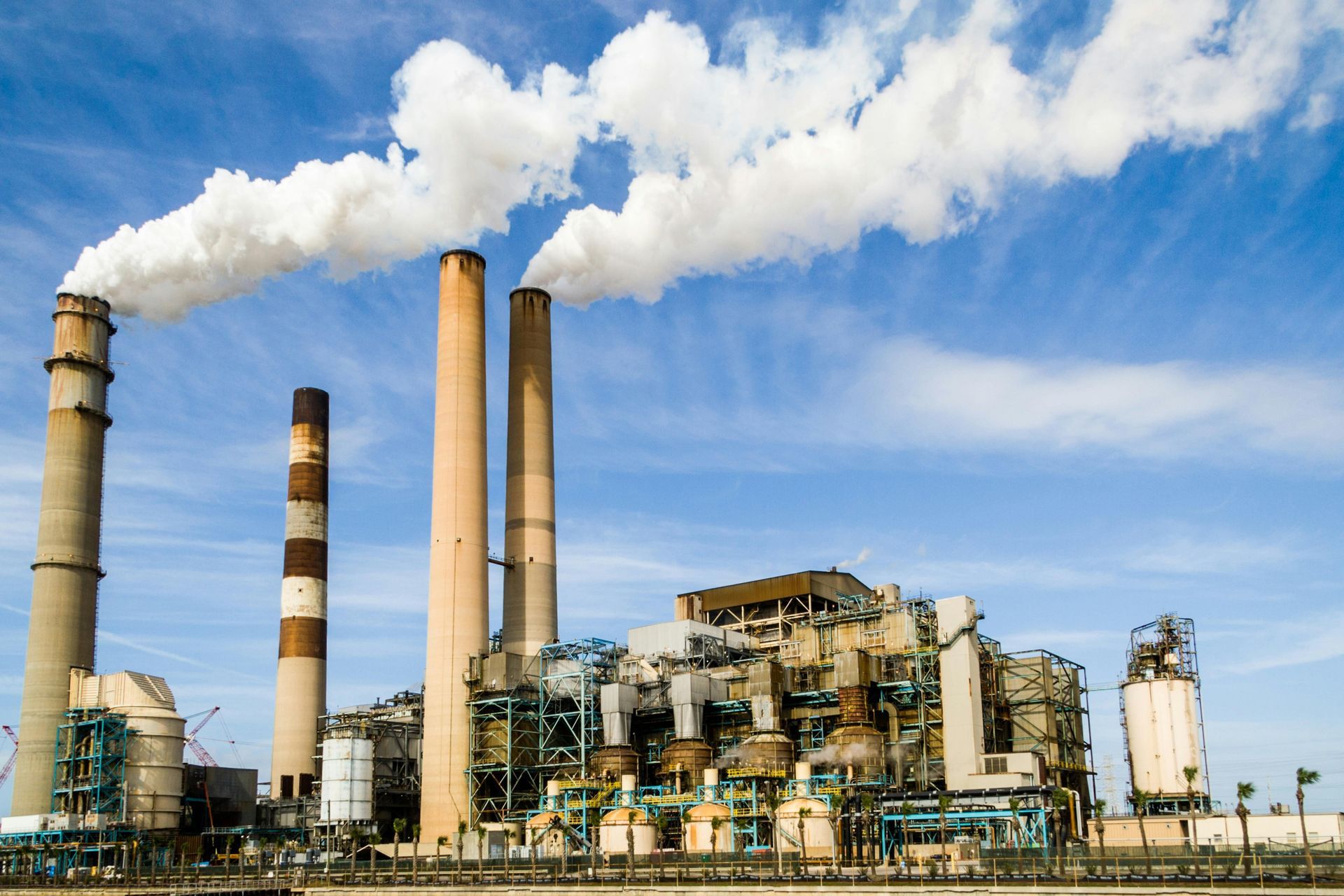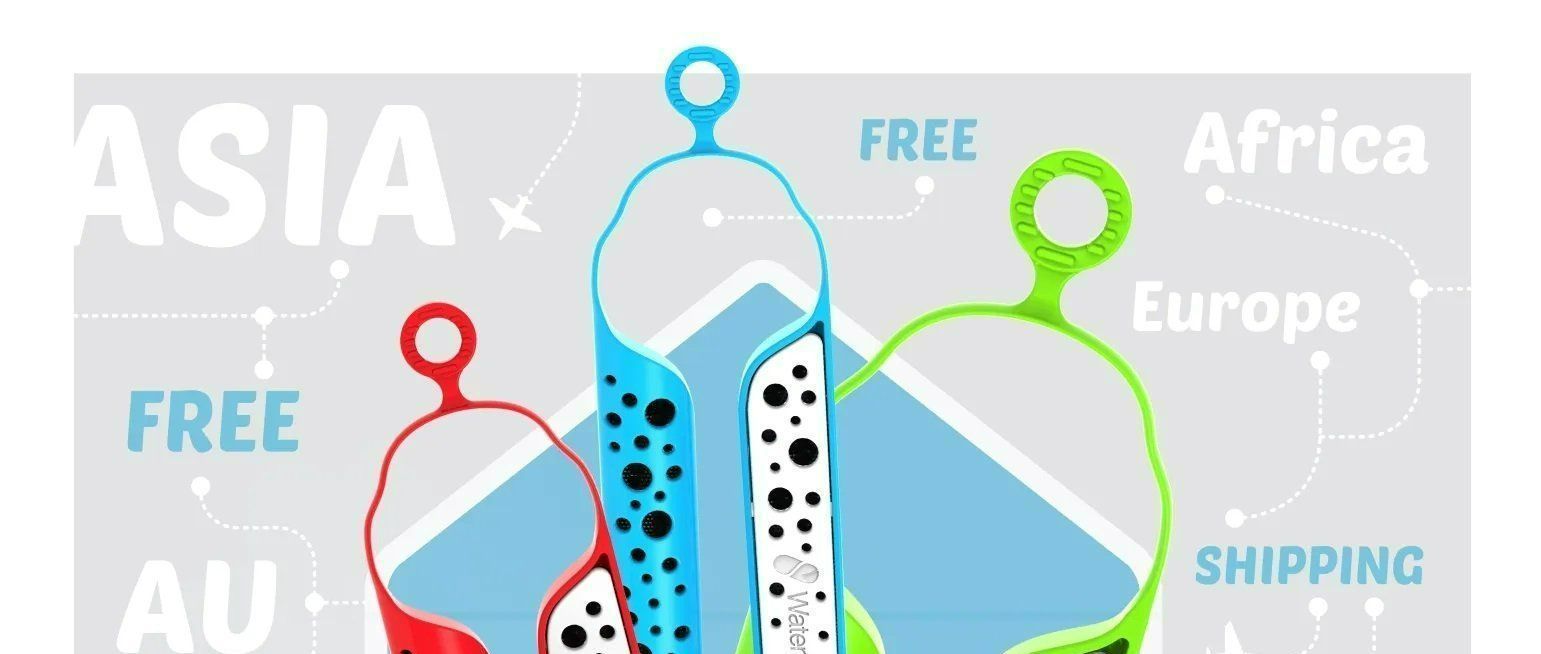Spain's Devastating Floods: The Role of Warming Seas and Bottled Water Plastic Pollution
In late October 2024, Spain experienced catastrophic flooding, with the Valencia region bearing the brunt of the disaster. Over 220 lives were lost, and widespread damage impacted homes, infrastructure, and agriculture. Meteorologists attributed the immediate cause to a DANA (Depresión Aislada en Niveles Altos), a cold air mass trapped at high altitudes. However, deeper causes, rooted in climate change, amplified the severity of this event.

The Link Between Warming Seas and Bottled Water Plastic Pollution
The Mediterranean Sea, like other marine ecosystems, is not just warming—it is increasingly polluted with plastic waste. Single-use plastic bottles are one of the most common pollutants, with millions discarded every day. Once in the ocean, these plastics degrade under sunlight and seawater, breaking into microplastics that release harmful gases, including methane and ethylene, which further contribute to global warming.
Microplastics also disrupt marine ecosystems, particularly plankton, which play a crucial role in absorbing carbon dioxide. By weakening these natural carbon sinks, plastic pollution directly reduces the ocean’s ability to moderate climate change. The combined effects of rising sea temperatures and plastic pollution accelerate the conditions for extreme weather, such as the devastating floods in Spain.
The Bigger Picture
Spain’s floods are part of a global pattern of climate-related crises. As warming seas and plastic pollution continue to escalate, the planet faces more frequent and severe natural disasters. In addition to disrupting ecosystems, the reliance on single-use plastics, particularly bottled water, exacerbates this problem.
Global efforts to combat these challenges must address the root causes. Reducing plastic waste, improving ocean health, and shifting consumer behaviors toward sustainable solutions are critical steps.
Watervit's Take
The tragic flooding in Spain highlights the urgent need for systemic changes to reduce plastic waste and address climate change. Watervit’s mission aligns with these goals by offering a sustainable alternative to single-use plastic water bottles. By providing portable water filtration and mineralization, Watervit enables individuals to embrace eco-friendly hydration habits without sacrificing convenience or health.
Choosing Watervit means reducing the demand for bottled water, protecting marine ecosystems, and contributing to a healthier planet. Together, small changes can have a big impact.
